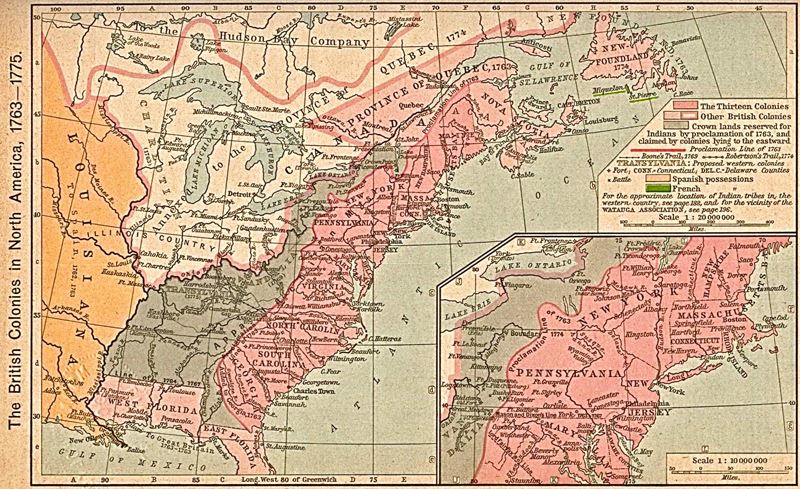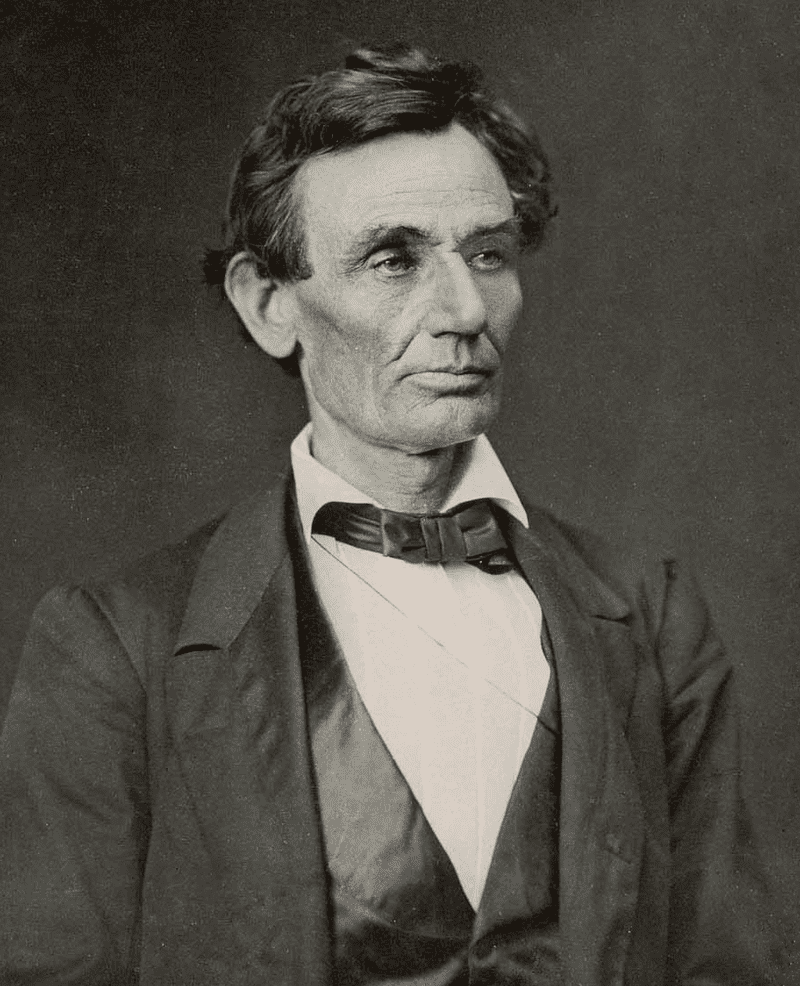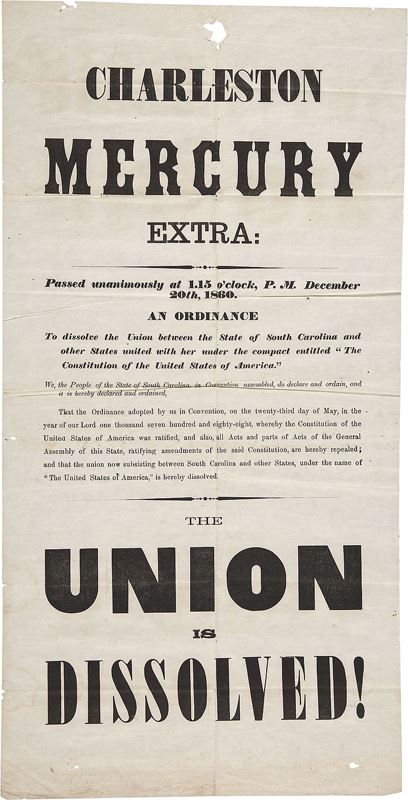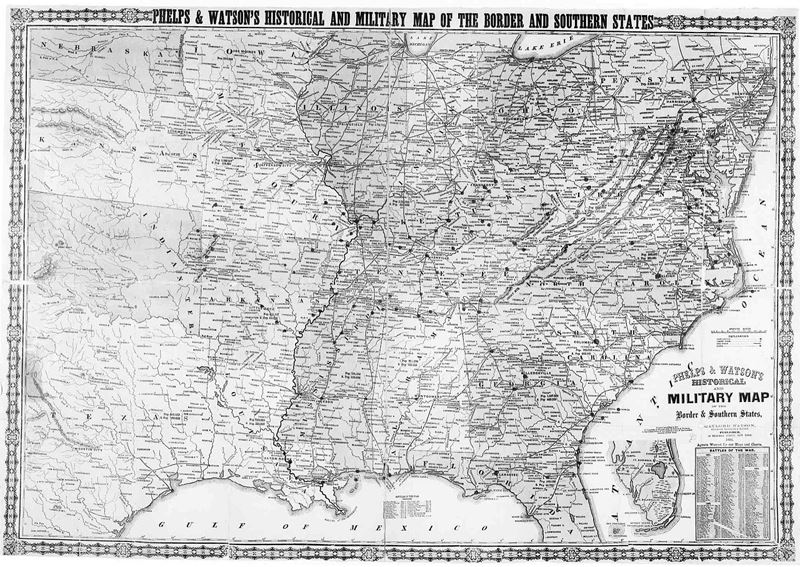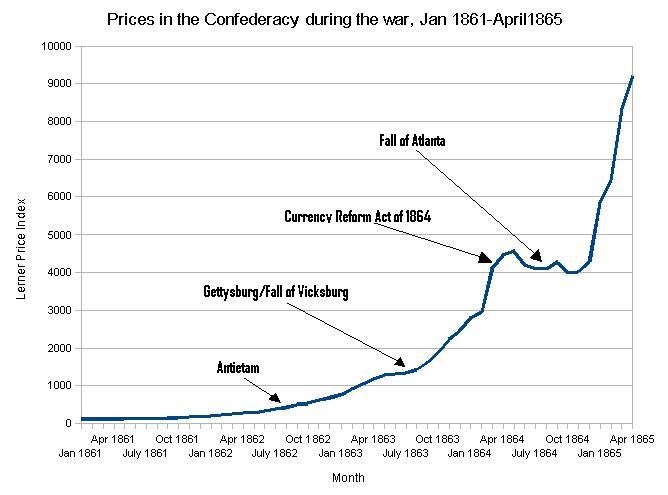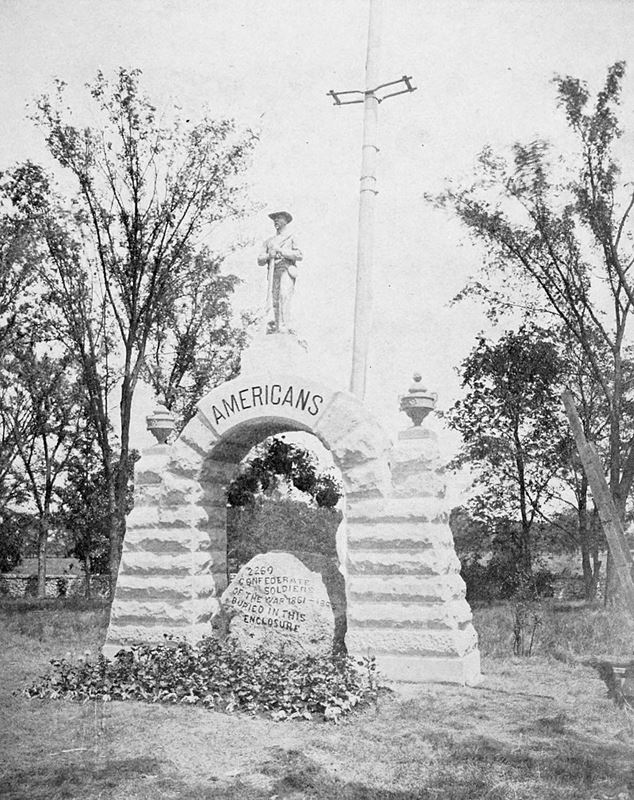The Quebec Act 1774 (French: Acte de Québec), or British North America (Quebec) Act 1774,[a] was an Act of the Parliament of Great Britain which set procedures of governance in the Province of Quebec. One of the principal components of the Act was the expansion of the province’s territory to take over part of the Indian Reserve, including much of what is now southern Ontario, Illinois, Indiana, Michigan, Ohio, Wisconsin, and parts of Minnesota.
The Act removed the reference to the Protestant faith from the oath of allegiance, and guaranteed free practice of Catholicism and restored the Church’s power to impose tithes. Additionally, it restored the use of the French civil law for matters of private law, except for the granting of unlimited freedom of testation in accordance with English common law; which was maintained for matters of public law, including administrative appeals, court procedure, and criminal prosecution.
In Quebec, English-speaking immigrants from the Thirteen Colonies objected to a variety of its provisions, which they saw as a removal of certain political freedoms. Meanwhile, Canadiens varied in their reaction; the land-owning seigneurs and ecclesiastics for example were generally happy with its provisions.[1][2]
In the Thirteen Colonies, the Act had been passed in the same session of Parliament as a number of other Acts designed as punishment for the Boston Tea Party and other protests, which the American Patriots collectively termed the Intolerable Acts or, in England, the Coercive Acts. Moreover, the Act were seen by the colonists as a new model for administration, which would strip them of their self-elected assemblies, and appeared to void some of the colonies’ land claims by granting most of the Ohio Country to the province of Quebec. The Americans also interpreted the Act as an “establishment” of Catholicism in the colony,[3] as many Americans had participated in the French and Indian War, and they now saw the religious freedoms and land given to their former enemy as an affront.

